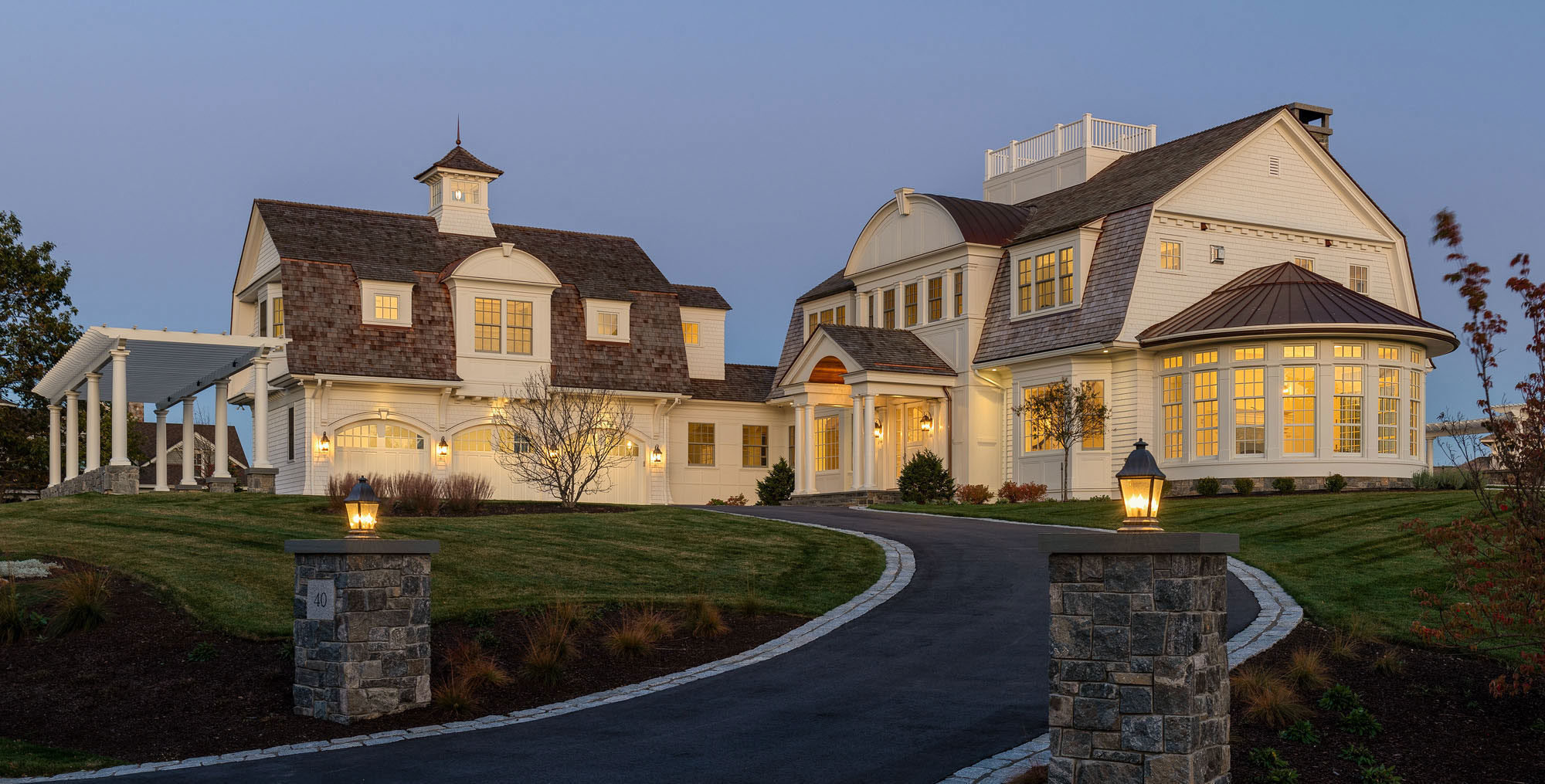
The Next Generation of Efficient Lighting
When you step into a hardware store, you’re faced by a wall of energy efficient lighting options. Keep these things in mind as you upgrade your light bulbs.
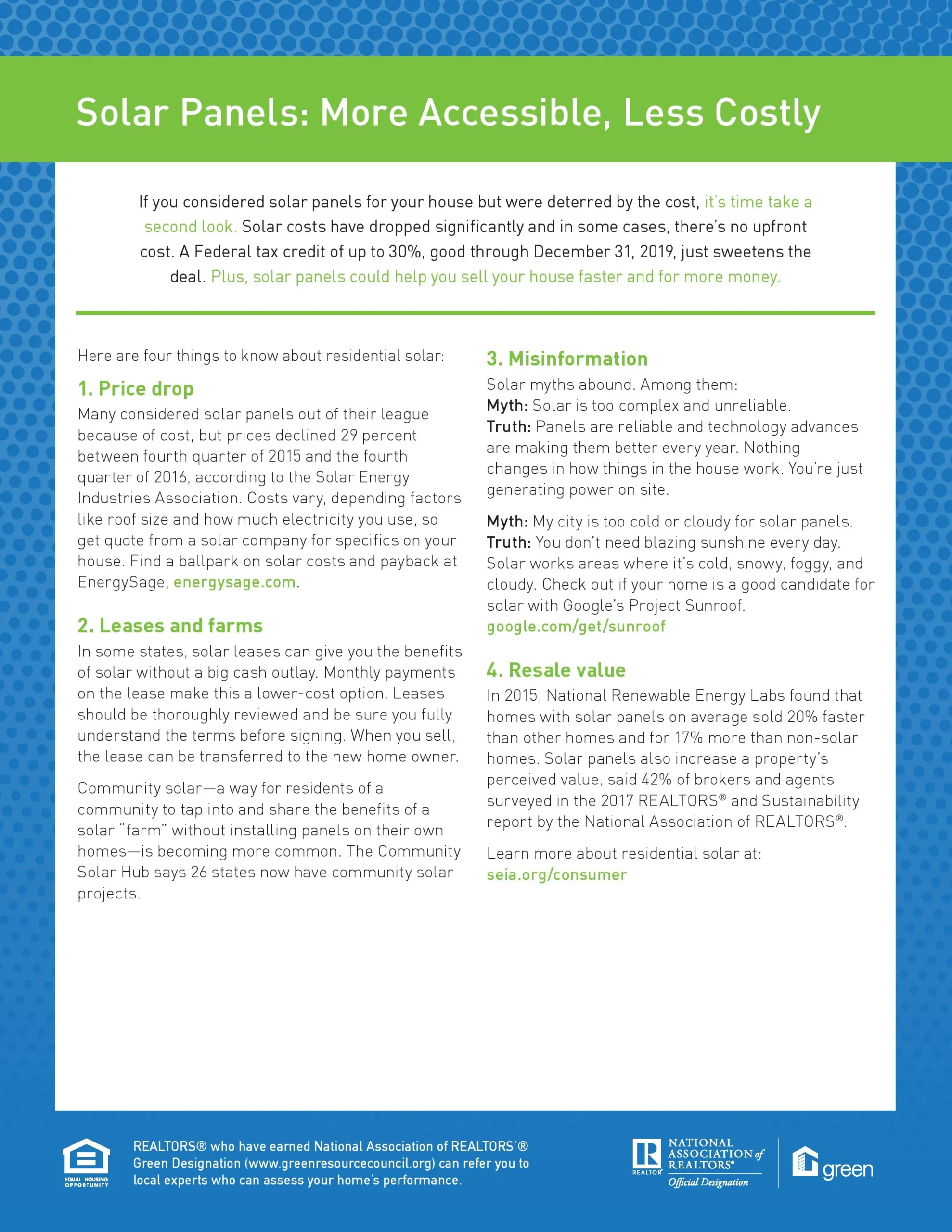


When you step into a hardware store, you’re faced by a wall of energy efficient lighting options. Keep these things in mind as you upgrade your light bulbs.

A drafty house and high utility bills are signs that your home could benefit from some insulation upgrades and caulking improvements.
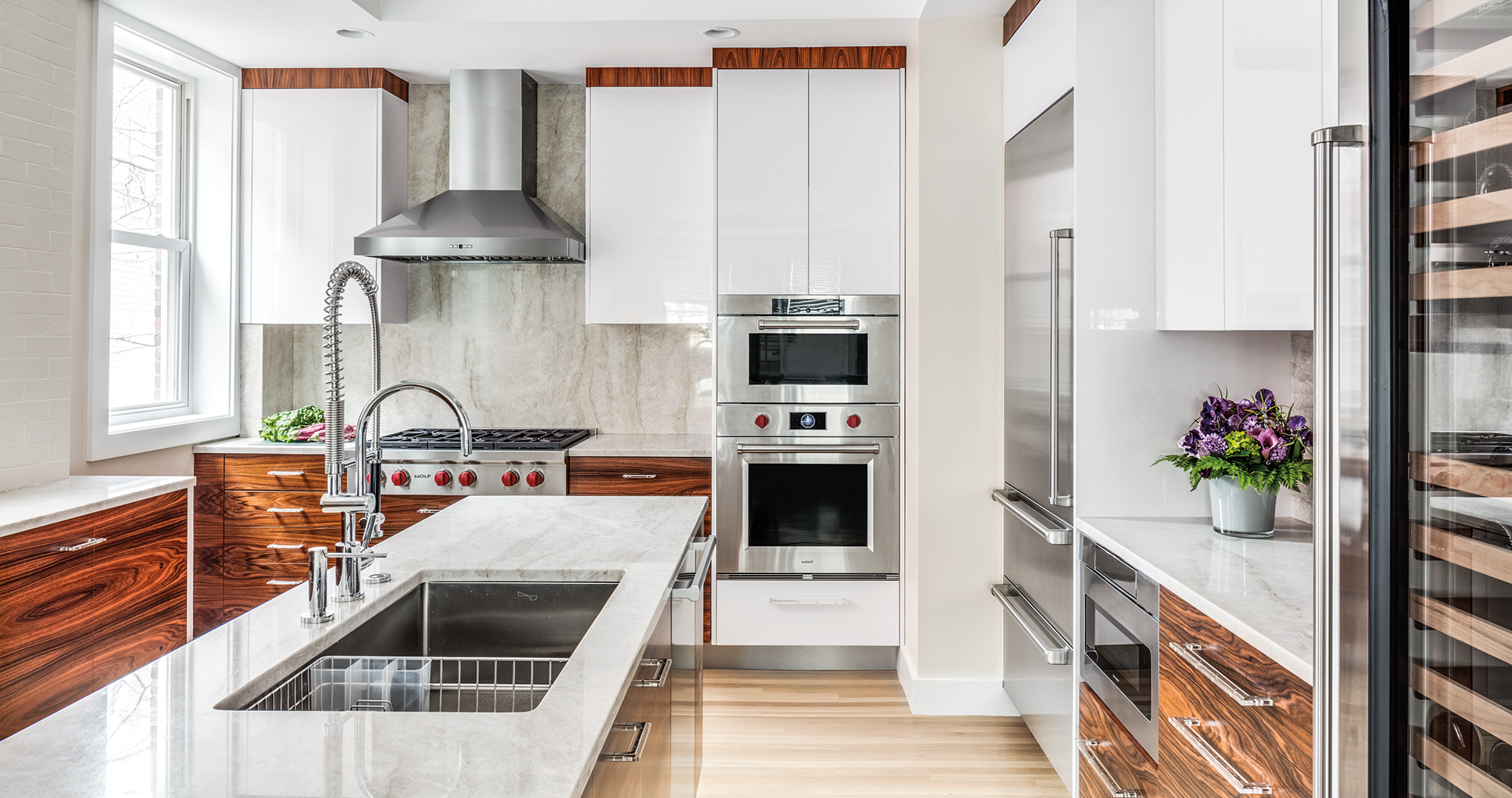
Replacing your old kitchen hardware with brand new, energy-efficient appliances is the surest way to cut long-term utility costs.
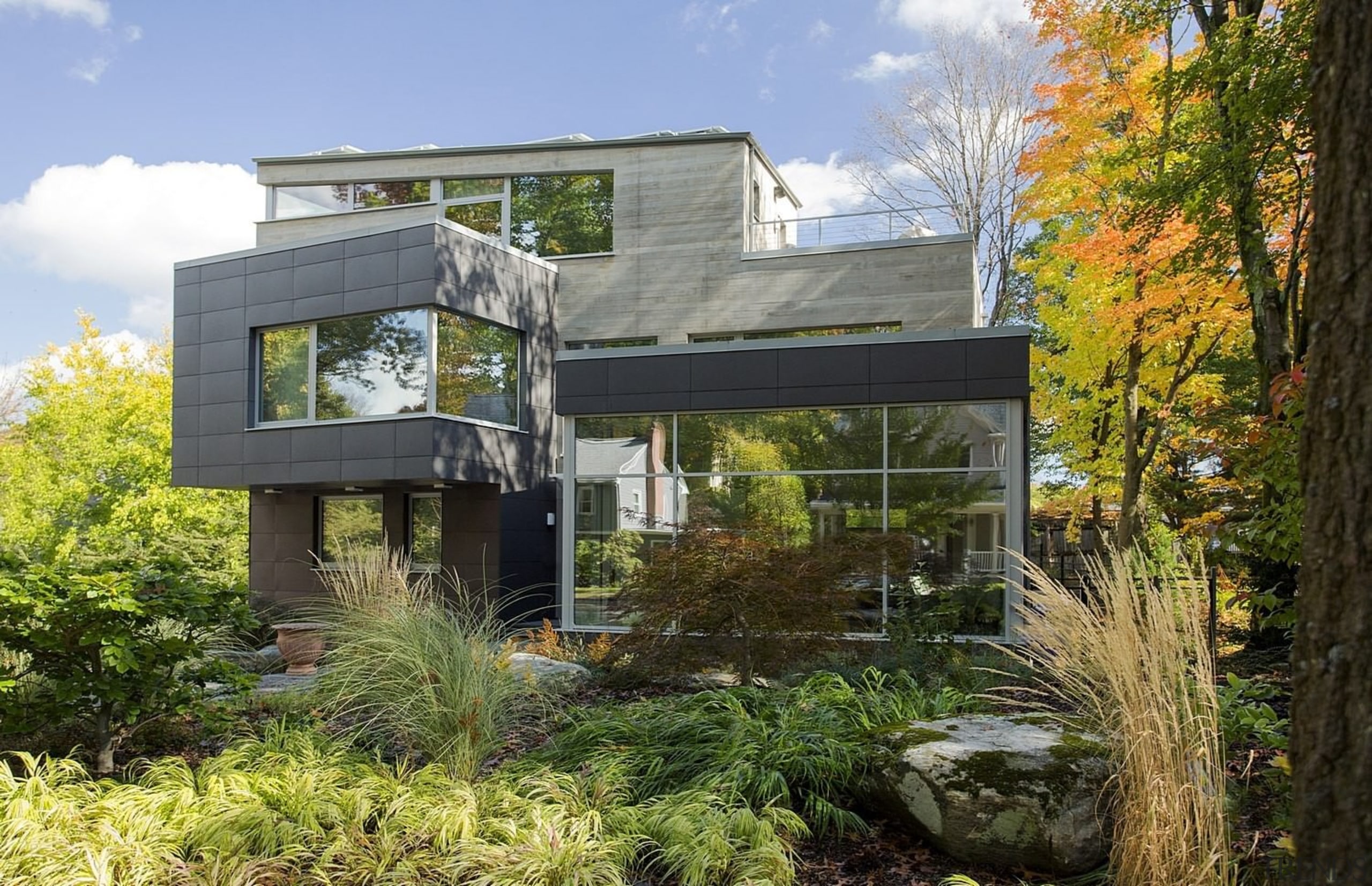
Energy-efficiency, sustainability, and durability all are hallmarks of a green home. Such properties are also called high performance or eco-friendly homes.
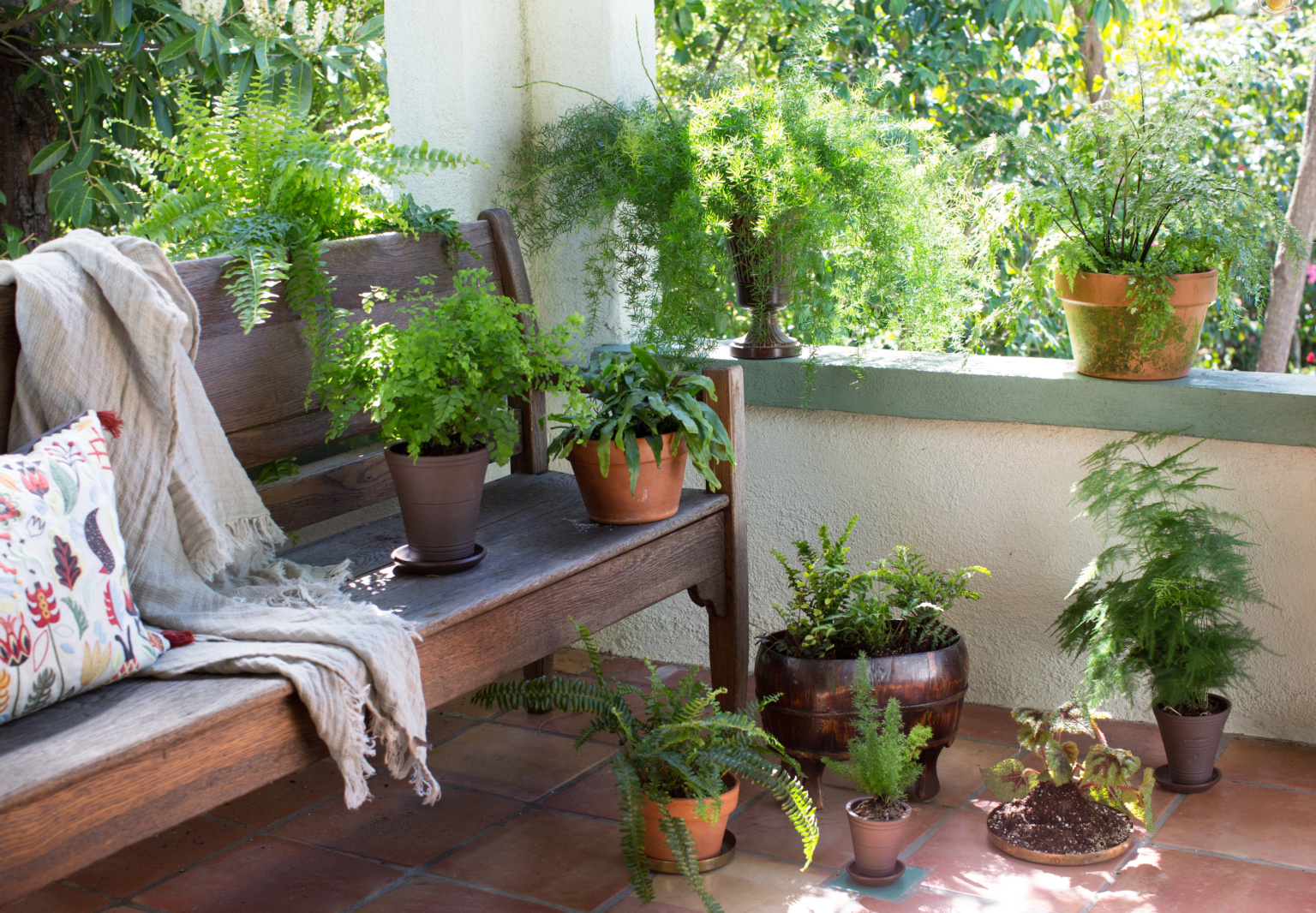
Living a more sustainable lifestyle doesn’t have to be expensive or time-consuming. Some minor changes can cut expenses and improve your quality of life.
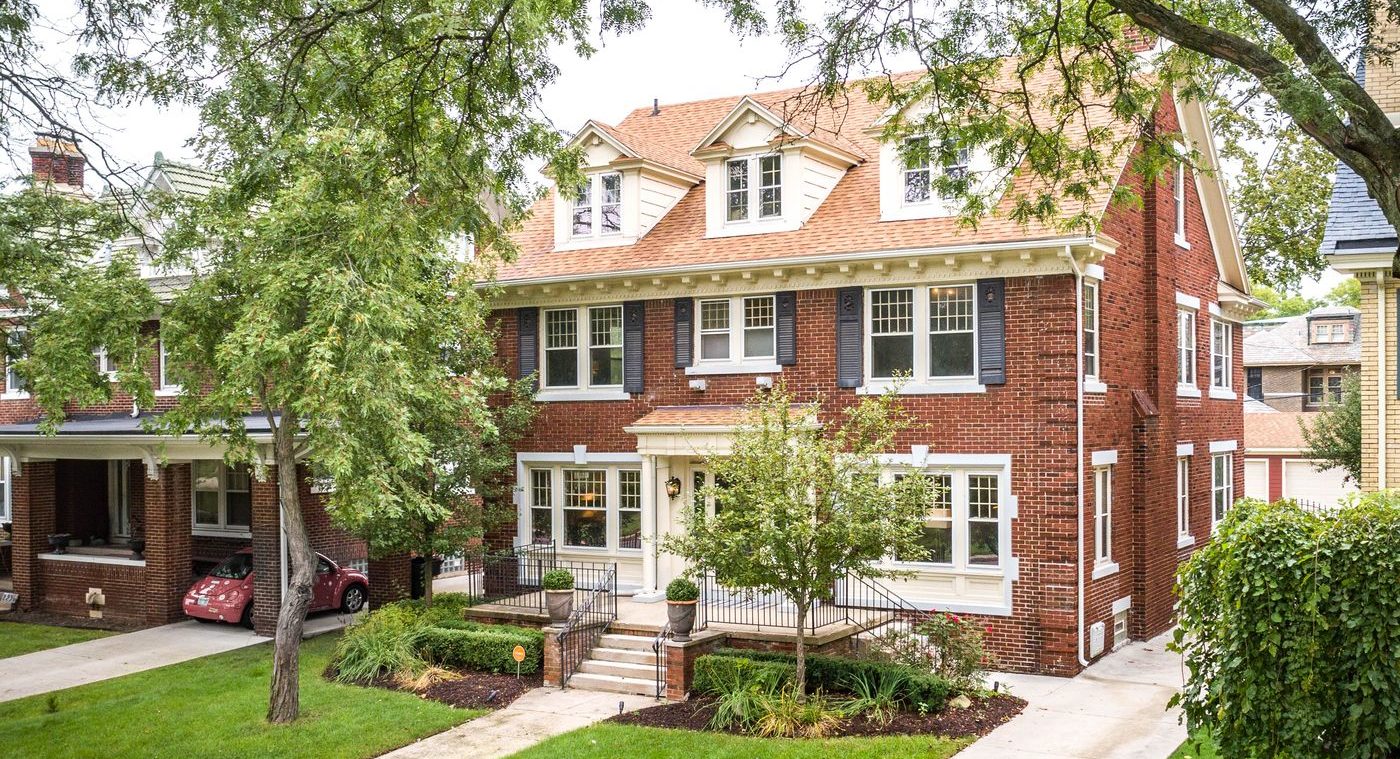
Performing a home energy audit is the first step toward cutting utility costs and making your house more comfortable all year long.